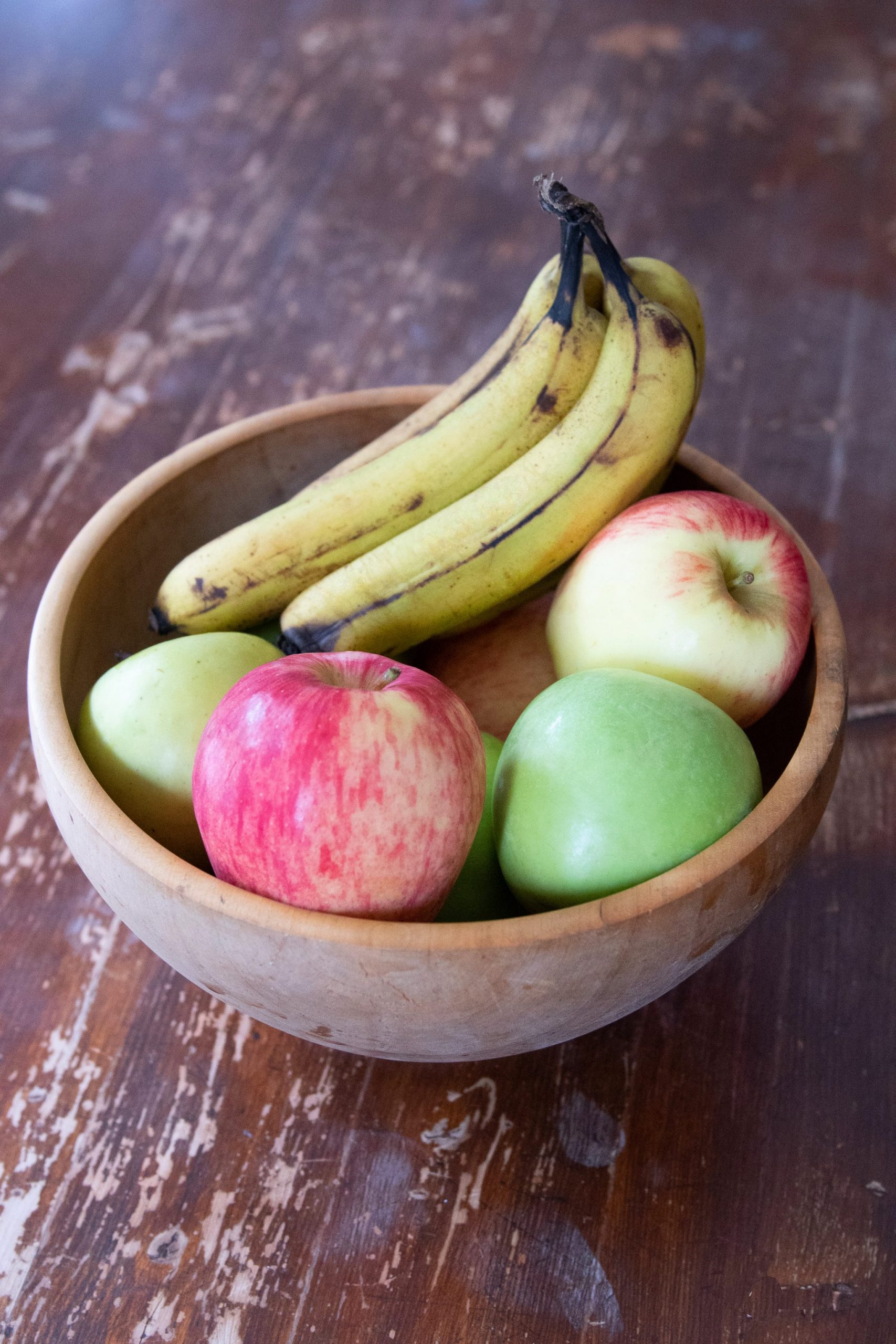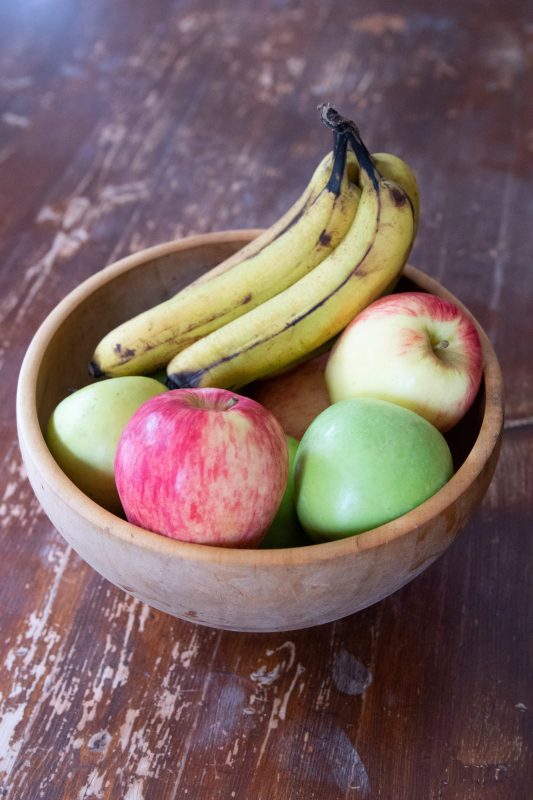Activity and nutrition for the busy student


Having trouble focusing on online schoolwork, or can’t stop yourself from checking the fridge just one more time? Associate professor of kinesiology and physical education, Tom Hazell offers some insight into how these behaviours can be changed.
With full-time Zoom classes and the second wave of COVID-19 looming, students have been placed in a unique situation. Balancing schoolwork, social lives, exercise and more can be difficult when all their time is spent at home.
Both mental and physical health is extremely important to be mindful of, especially during quarantine. Hazell has offered his expertise on the use of activity to balance appetite and the benefits it has on mental health.
Hazell’s research examines the effects of exercise intensity on improving energy balance through its potential to alter appetite regulation.
Many students and individuals are facing a similar issue during quarantine, which is continuous eating. Being confined to our homes with the fridge always in view, it becomes difficult to stop yourself from eating all day.
“If students can’t keep their hands out of the cookie jar, so to speak, adding in some activity, certainly some high-intensity activity, can be beneficial.”
This semester has been difficult for students to maintain their normal activity levels as fall sports and activities have been canceled. Also, students may be struggling with their mental health and find themselves being unmotivated to complete their tasks.
“The first thing I would say is, I would be using activity to balance mental health., Gget out of the house, do some activity,” Hazell said.
Hazell noted that exercise does not always have to be intense or purposeful, that even simple walks can help in balancing one’s appetite and mental health.
There are ways to remain active for those who enjoy gym workouts as well as individual activities. There are multiple parks and trails in the Kitchener-Waterloo area that students can escape to for some leisurely activities, such as walking, running or cycling.
For those who prefer gym workouts and weightlifting, there are endless options for at-home exercise that use minimal equipment and are relatively cost-effective. Hazell offered these suggestions:
“I realize students don’t have enough money, but they can find online [resources, do] push-ups, or get a pull-up bar, or resistance bands, or do wall squats and different bodyweight movements.”
Increasing activity levels should not be tedious:, do things you enjoy throughout the day that allows you to leave your desk or house.
“The idea is to be cognizant that you have to be active daily and do something you enjoy— Increasing physical activity, in general, will result in some health benefits and specifically COVID related benefits of just getting outside.”.
Along with altering activities to fit into an individual’s schedules, nutrition needs to be taken into account. Choices of mealtime and food types are important when finding a routine that works.
“A lot of times we are eating highly processed [food], refined sugars, drinking calories we don’t need, so increasing the amounts of lean proteins like chicken, lean beef and fish as well as increasing the number of vegetables that we eat.”.
Adding healthier carbs, proteins, and fats to a meal will make you fuller for longer, as opposed to eating processed foods more frequently. Another decision that needs to be made is if the traditional meal structure of breakfast, lunch and dinner sustain you enough.
“If you are finding you are eating too much then you should eat more frequently, not necessarily have breakfast, lunch, and dinner but have more frequent but smaller meals throughout the day”.
If smaller more frequent meals are the best choice for you, try focusing on having protein in each meal and monitor portion sizes. You can even use your hand to measure. Generally, a serving of protein is equal to the thickness of your palm, a serving of vegetables is your fist and a serving of carbs is roughly the cup of your hand.
The specific portion sizes will differ for each individual, due to hand size and body weight. Do not be afraid to add or subtract from your meals, judge yourself, adjust to what your body is telling you, if you are starving add more.
With this, all said, it is much harder to put into action, and finding your ideal routine may take some time. It is important not to become discouraged or caught up in what works for others.
Healthy and nutritional food is not necessarily the most cost-effective choice for students and those unable to work due to the COVID-19 pandemic making it understandable that this is not always possible.
A good way to get into a habit of buying nutritional food on a budget is to create a meal plan for the week before going to the grocery store. Go in with a plan. With a set list of groceries to buy and meals to cook, students may be less likely to buy additional processed foods.
This is a great strategy to start, as once you are at the grocery store you can make choices based on what is on sale without straying too far from the intended meal.
Hazell’s suggestion to include protein-rich food into your diet in a cost-effective way is to buy foods such as chickpeas. lentils and kidney beans. Eating these foods alone or added into a meal will stretch how much you get from the meal.
“I know eating healthy isn’t always the cheapest so it becomes a tough scenario of making sure you are doing this as often as you can while trying to be as active as reasonably possible.”.
If you aren’t sure what meals you would like, check out Pinterest and Instagram for creative ideas for recipes. Draw inspiration from different meals and pick the foods you enjoy most.
Meal planning may not be the best option for everyone. A great way to get ideas or learn to cook nutritious meals is through a meal delivery service. You can try it out for a few weeks until you get an idea of what works for you and what you like. Meal delivery services are also a good place to get recipe ideas.
With these strategies to find a healthy routine, some may still be having trouble managing their hunger which can lead to unwanted weight gain, especially during the COVID-19 pandemic. Hazell suggests using a calorie counter for a few days.
By tracking everything you eat for a few days, you can see exactly what you eat and can adjust as you go. “You don’t want to be counting calories every day for 6 months but if [you]
do it periodically to see how you’re doing,I think it can be useful to students too.”.
Getting active generally makes eating healthier and focusing on schoolwork easier. “Your cognition improves with activity; you are better off going for a half-hour walk twice a day than you are doing that extra half hour of studying”.

